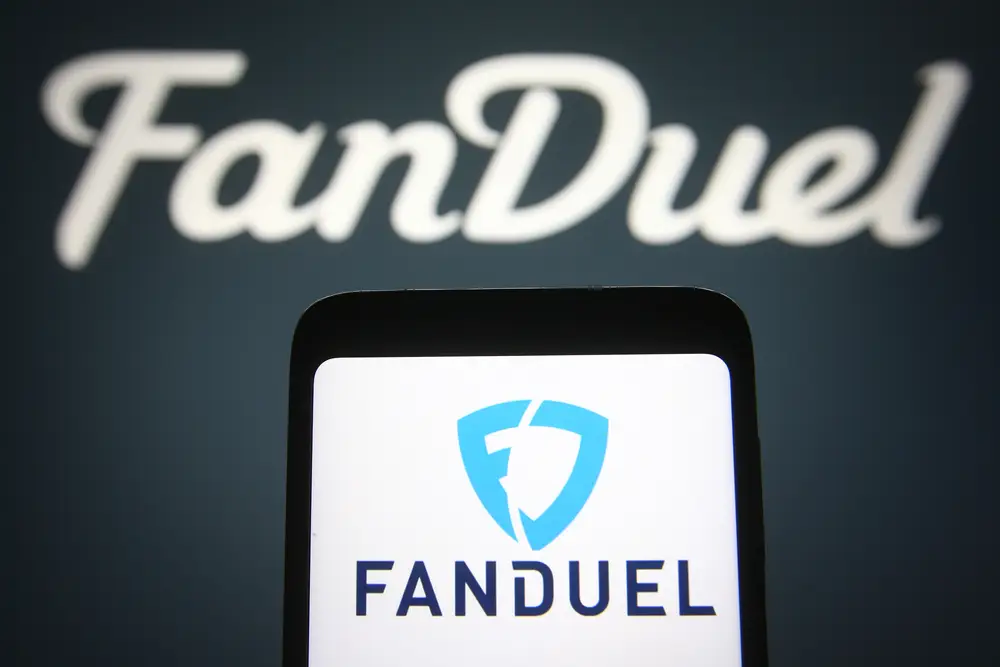During BetMGM’s recent Q3 earnings call, CEO Adam Greenblatt took one of the firmest public stances against prediction market prospects offered by any online sports betting operator so far.
At the end of his prepared remarks, Greenblatt addressed “the surge in market, industry and press focus surrounding prediction markets.” Greenblatt said that BetMGM won’t be making any efforts to enter the space due to the regulatory pushback platforms have faced in the U.S.
“Our position is clear and aligned with almost 40 state attorneys general, our regulators and our tribal partners,” Greenblatt said, referring to various statements and legal actions targeting sports event contracts offered on prediction platforms like Kalshi, Robinhood and Crypto.com. “As the law stands today, sports prediction markets are, in essence, illegal sports betting.”
BetMGM stance impacted by recent state regulator warnings
BetMGM had previously adopted a “wait-and-see” stance similar to some other sportsbook operators when asked about the potential for the company to enter the prediction market space. During BetMGM’s Q2 earnings call in July, Greenblatt referenced the regulatory challenges and said the company has the ability, “but we do not have the desire, to be a first mover” into prediction markets.
When asked during the Q3 call by a JP Morgan analyst about the tougher stance and what made the company “draw the line in the sand” about a prediction market entry now, Greenblatt made clear that recent letters sent to gaming license holders (including BetMGM) in states like Ohio, Arizona and, most recently, Michigan, had an impact.
“We’ve received letters from a number of our state regulators where they have been really explicit about their perspective on prediction markets,” Greenblatt said, “and they have also (said), ‘Your license becomes questionable if you offer prediction markets in our state. We will also consider your license very carefully if you offer prediction markets anywhere.’”
Greenblatt said there is “no ambiguity” in those warnings and that he talked to other regulators at the recent G2E conference in Las Vegas who expressed similar sentiments. BetMGM is licensed to offer its sportsbook in Ohio and Arizona; in Michigan, BetMGM has licenses for both sports betting and its online casino product.
“So until the legal position is clarified and the position of our regulators is different from that which they hold today, I feel like as an industry, the next step is pretty plain,” Greenblatt added.
CEO downplays prediction market impact on sports betting market share
One of the main reasons online sports betting operators would consider getting into prediction markets is because of the heavy trading volume sports events contracts have been attracting, particularly at Kalshi. The volume surge and introduction of parlays appeared to have an impact on some sports betting companies’ stock prices in recent weeks, as some investors worried that prediction markets were taking away substantial market share.
When asked whether he felt like prediction market platforms were a threat to BetMGM revenue, Greenblatt downplayed the impact.
“Just follow the data,” he said. “If you look at handle trends through the summer and then into the (football) season, you’ll see that there’s been really no decay, no degradation of year-on-year handle growth in (online sports betting), which, frankly, if I think the prediction markets were having an impact, we would have seen. So the data says that there isn’t an impact at an industry level.”
Greenblatt added that search trends suggest that prediction markets are getting a lot of their traction from states that don’t have a legal, regulated sports betting market.
“So certainly from our regulated term, we’re not seeing an impact at this point,” Greenblatt concluded.
Most sports gaming operators tentative about prediction market talk
As the court cases continue and the prospect of sports outcome trading in all 50 states hangs in the balance, sports gaming operators have generally sidestepped going too deep in discussion about their prediction market prospects, lest they upset the state and tribal partnerships they rely on for their other products.
Despite rumors of potential partnerships and acquisitions, DraftKings CEO Jason Robins said in August that the company is taking a “measured approach” and is “evaluating” a prediction market entry, while being mindful of “stakeholders, state regulators, (and) relationships with tribes.”
FanDuel announced a partnership with the CME Group to launch a prediction product beginning with financial market offerings. There was no mention of sports markets in the announcement, but some recent reports suggest sports contracts could be part of the plan.
Some DFS operators, who also rely on state licensing in several states, have been bolder about jumping into prediction markets. In partnership with Crypto.com, Underdog rolled out sports prediction markets on its app in several states in September. Later that month, PrizePicks received approval to partner with a Commodity Futures Trading Commission-approved entity to offer prediction markets. Fellow DFS operator Sleeper has also been pursuing a prediction market entry, but has been fighting in court what they say has been an unfair delay in the approval process by the CFTC.




























